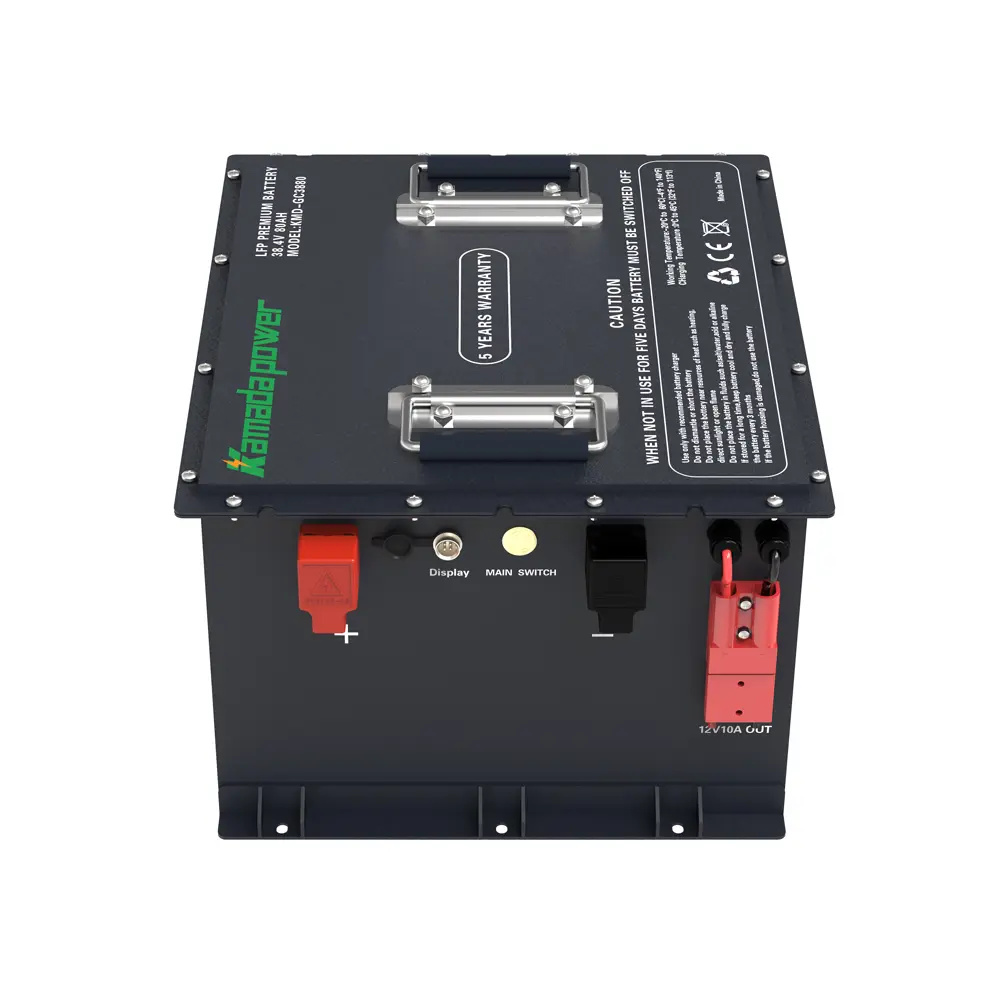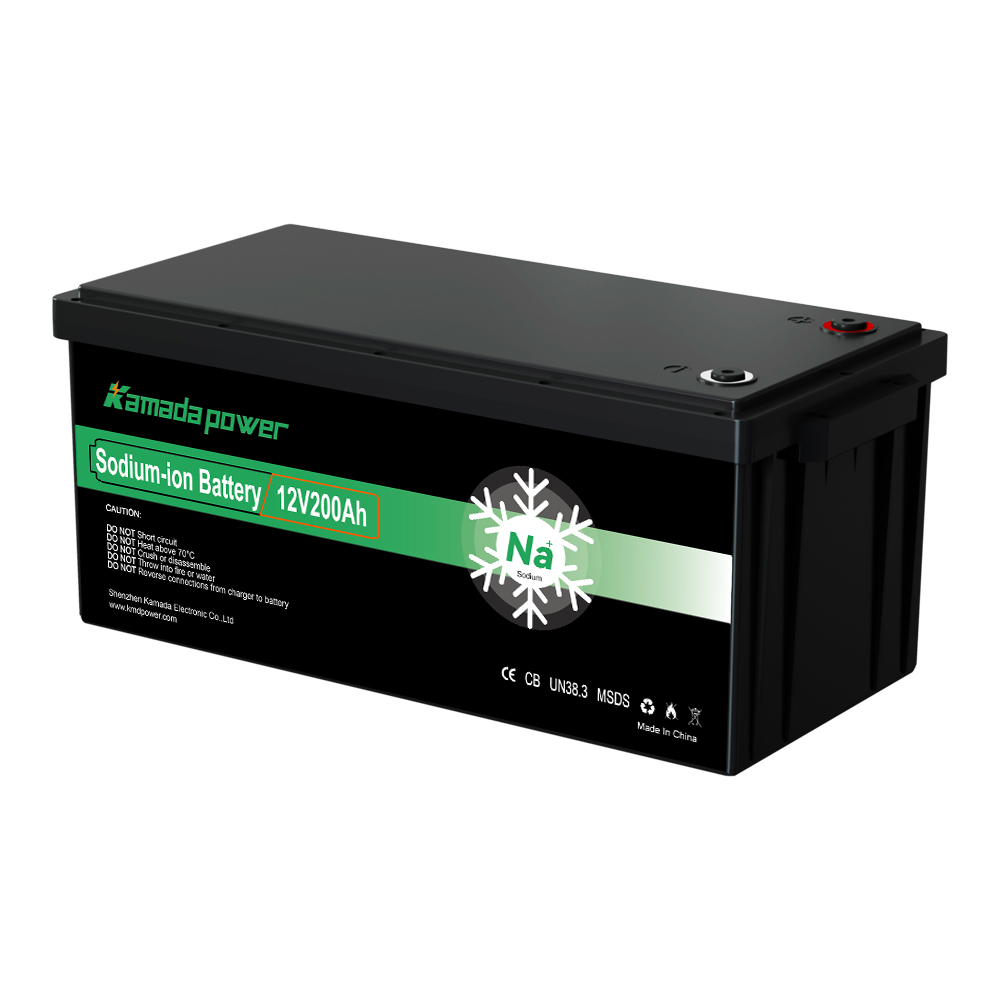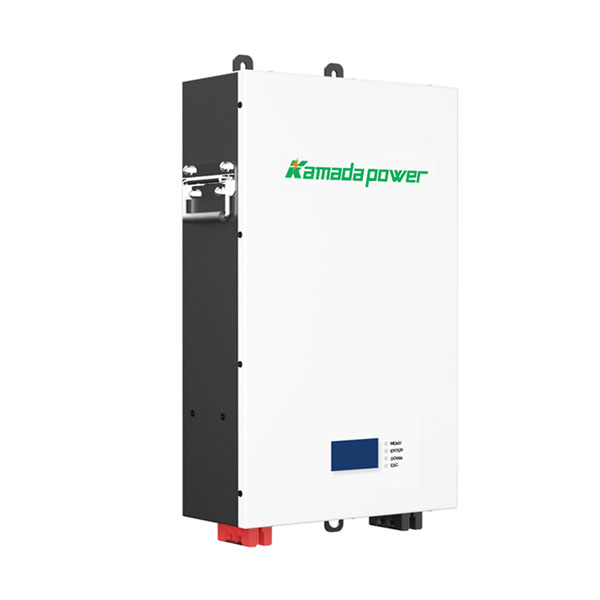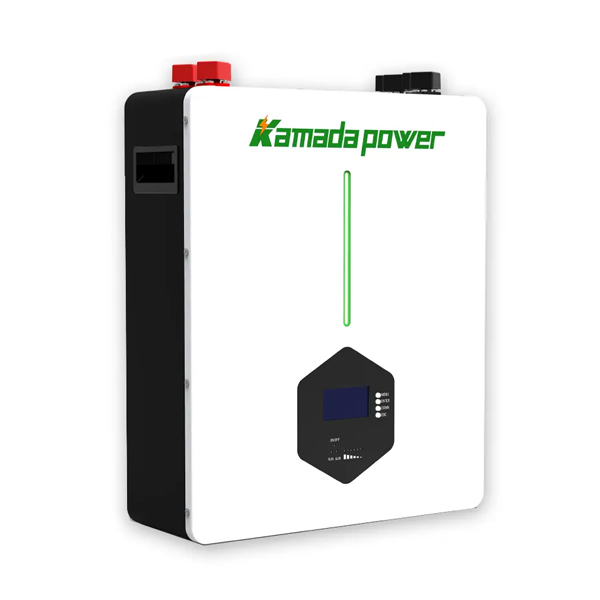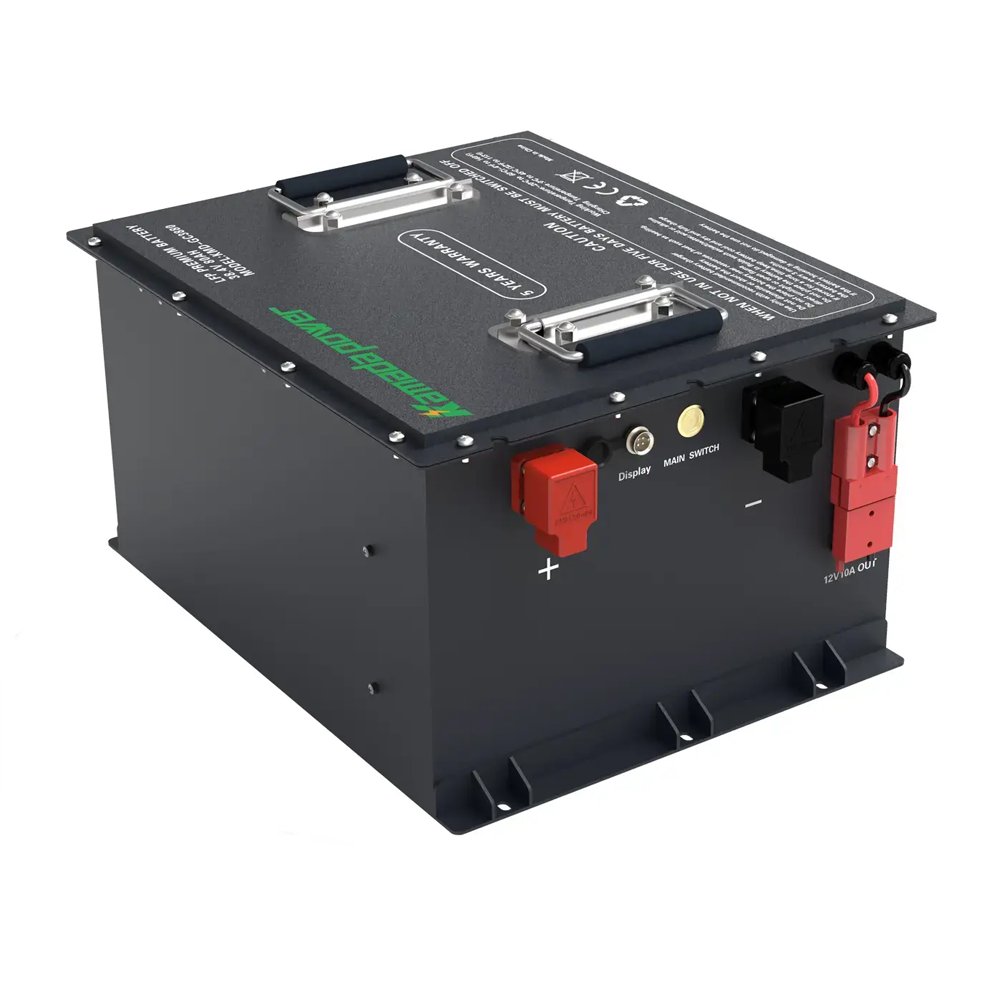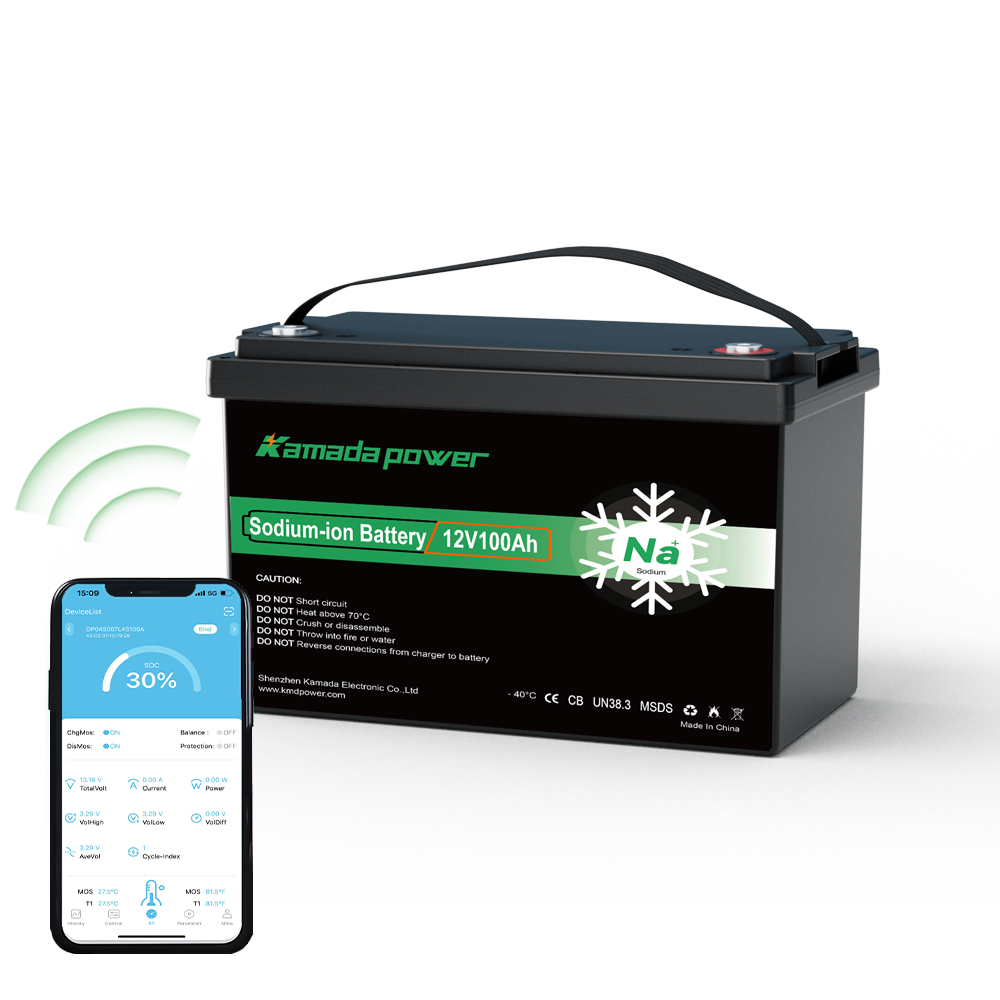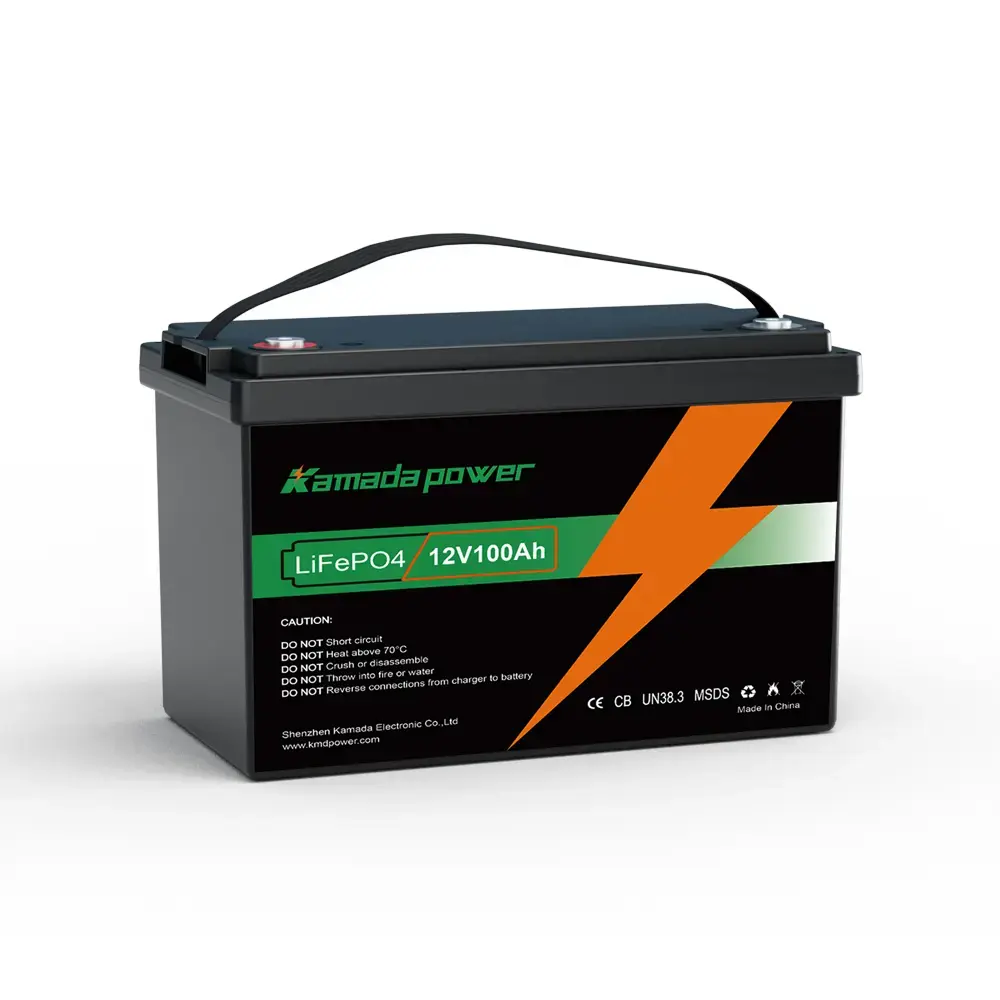How Long Do Golf Cart Batteries Last? A Complete Guide.Hey there, fellow golfers! Ever wondered about the lifespan of your 36v golf cart batteries? In this comprehensive guide, we’re diving deep into this essential topic, backed by expert insights, real-world data, and authoritative sources like Wikipedia. So, let’s tee off and get into it!
Understanding Golf Cart Batteries
Let’s kick things off by understanding the two primary types of golf cart batteries:
- Lead-Acid Batteries: These are the tried-and-true batteries found in most golf carts. While they’re budget-friendly, they tend to have a shorter lifespan compared to newer options.
- Lithium-Ion Batteries: The newer, sleeker choice, lithium-ion batteries offer longevity, faster charging, and lighter weight. They’re gaining popularity among golfers seeking top-tier performance.
Factors Affecting Golf Cart Battery Lifespan
Here’s what influences how long your golf cart batteries will last:
- Usage Frequency: The more you hit the links, the faster your batteries wear out.
- Charging Habits: How you charge matters. Optimal charging practices can significantly extend battery life.
- Environmental Conditions: Extreme temperatures and moisture can impact battery performance.
- Maintenance: Regular TLC, like cleaning terminals and checking electrolyte levels, can prolong battery life.
Real-World Data and Statistics
Let’s get into the numbers! Wikipedia cites the average lifespan of lead-acid golf cart batteries as 4-6 years with proper care. In contrast, lithium-ion batteries can last a whopping 8-10 years or more.
Additionally, a survey by GolfDigest.com revealed that 78% of golf cart owners replaced their batteries within the first 5 years. However, those with golf cart lithium ion batteries reported fewer replacements and higher satisfaction rates.
Estimating Range and Usage
Now, let’s talk about practicality:
- Average Range: According to GolfCartResource.com , lead-acid batteries provide around 25-30 miles on flat terrain. Lithium-ion batteries, however, up the ante with 50-60 miles per charge.
- Usage Duration: A full charge typically translates to 4-6 hours of continuous use, or about 36 holes. Lithium-ion batteries stretch that to 8-10 hours.
- Terrain Considerations: Rough terrain and heavy loads can cut range and usage time. Expect 15-20 miles and 2-4 hours in hilly areas.
Comparing Lead-Acid and Lithium-Ion Battery Performance
Let’s put it side by side:
| Golf Cart Battery Type | Average Range (Miles) | Average Usage Duration (Hours) |
|---|---|---|
| Lead-Acid Batteries | 25-30 | 4-6 |
| Lithium-Ion Batteries | 50-60 | 8-10 |
Lithium-ion batteries outshine lead-acid batteries in both range and usage duration, making them the go-to for serious golfers.
Conclusion
Knowing your battery’s capabilities is key to planning your golf outings. Whether you stick with the classics or upgrade to lithium-ion, understanding maintenance and usage can maximize performance. So, hit the course with confidence – your batteries are primed for action!

